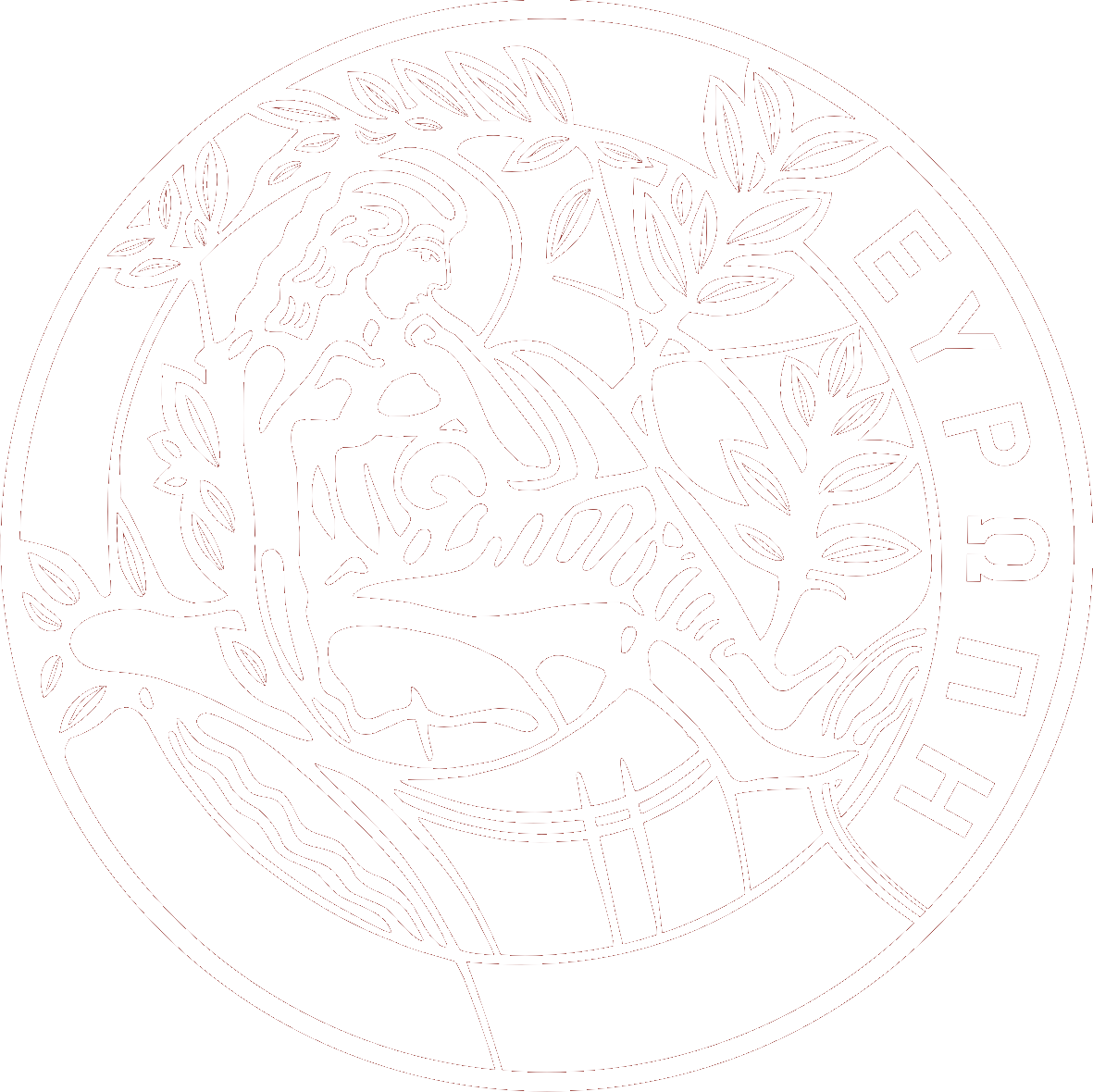Erasmus+
 The Erasmus exchange program was founded in 1987 and was renamed ‘Erasmus+’ in 2014. This program, which constitutes one of the most famous activities of the European Union, operates within the Erasmus Charter of Higher Education (ECHE) and enables the mobility of students across European universities for a semester of study. Apart from the obvious academic benefits, the mobility of students across European Universities promotes intercultural exchange and the construction of a common European identity. The participant universities operate in the countries of the European Union, as well as in certain other countries with which bilateral agreements have been signed.
The Erasmus exchange program was founded in 1987 and was renamed ‘Erasmus+’ in 2014. This program, which constitutes one of the most famous activities of the European Union, operates within the Erasmus Charter of Higher Education (ECHE) and enables the mobility of students across European universities for a semester of study. Apart from the obvious academic benefits, the mobility of students across European Universities promotes intercultural exchange and the construction of a common European identity. The participant universities operate in the countries of the European Union, as well as in certain other countries with which bilateral agreements have been signed.
The program enables students of the Department of History & Archaeology to move for one academic semester into a department abroad, with which the Department of History & Archaeology has signed a bilateral agreement.
Students studying abroad through an Erasmus+ program select modules, whose total workload equals 30 ECTS units per study semester. The modules which students complete successfully during their study abroad period are accredited as modules of their academic curriculum in our Department.
Students wishing to move abroad through the Erasmus+ program are selected on the basis of their linguistic skills and academic performance. Priority is given to postgraduate students over undergraduates.
Information regarding the Erasmus+ program may be found at the website of the Department of International and Public Relations, University of Crete
Universities cooperating with the Department of History & Archaeology through the Erasmus+ program
Click here to see the list of Universities cooperating with the Department of History & Archaeology through the Erasmus+ program.
Departmental Erasmus+ Coordinator & Meeting Hours for the winter semester 2025-26
Maria Spathi, Office hours: Monday 12.00-14.00
BIP Commons: Past and Present Programme
“The Commons: Past and Present”
Crete – Lodz – Lyon – Sassari partnership
BIP 2025 Crete
(Coordinated by (Eleni Sakellariou – Eleftheria Zei)
The Blended Intensive Programme partnership between the Universities of Lumière Lyon 2, Lodz and Crete has successfully organised two BIP editions in Lyon, in 2023 and 2024, under the pedagogical coordination of Monica Martinat, Professor of Modern History at Université Lumière Lyon 2. The themes, “European Citizenships” (2023) and “Mobilities and Migrations through Time” (2024), always pertinent to contemporary European societies, but with emphasis on a distinct historical dimension, were chosen with the aim to promote interdisciplinary interaction between both teachers and students.
In 2025 the relay passes to the University of Crete and the third edition of this BIP partnership is organized by the Department of History and Archaeology of Crete University at Rethymno in February-April 2025, and we welcome a fourth member to our partnership, the University of Sassari. The theme of the 2025 programme, “The Commons, Past and Present”, adheres to the interdisciplinary approach and to issues of particular relevance for contemporary societies, which can only be understood in all their complexity if investigated over time.
In a general way, we can define the commons as the natural (and, in contemporary times increasingly also cultural) resources belonging and/or accessible to the members of a society, to varying degrees independently of whether they are owned privately or publicly. The difficulty of a comprehensive definition arises from shifting notions of the commons through time. Attention to the emergence and change of commons in the long run unavoidably calls for historians to work together and to join their methodologies with scholars from the social sciences in a concerted analysis of resilient collective action.
Aims:
- To provide the interdisciplinary tools for the understanding of the commons as the natural and cultural resources accessible to and managed by groups of people for individual and collective benefit.
- European policy concerns will figure prominently in the programme, although the global dimension of the topic will always be present.
- An overview of scholarly debate will be combined with the presentation of case studies and a focused field trip.
- Choosing this specific topic for a BIP on Crete is of particular importance: An island in the Eastern Mediterranean, Crete is at the crux of climate change and finite natural resources, and consequently at the centre of debates about a sustainable and resilient management of resources, the landscape and its heritage.
The on-line component of this Blended Intensive Programme has been successfully concluded. We are now happy to announce the in-presence week, which will be hosted by the Department of History and Archaeology and will take place in the Lecture Rooms of the Faculty of Letters on 7-11 April 2025.
